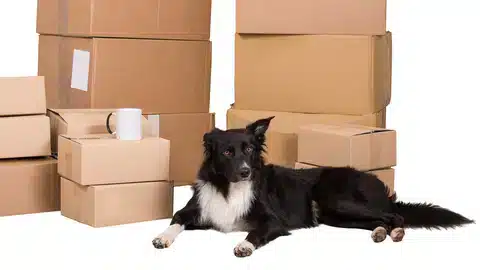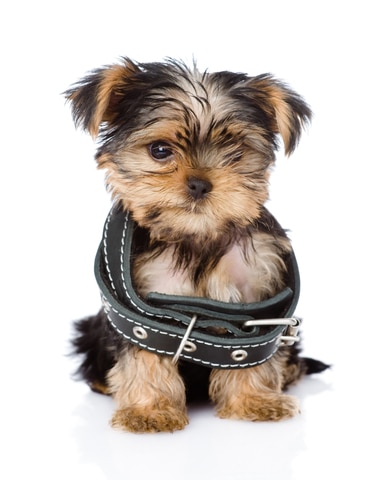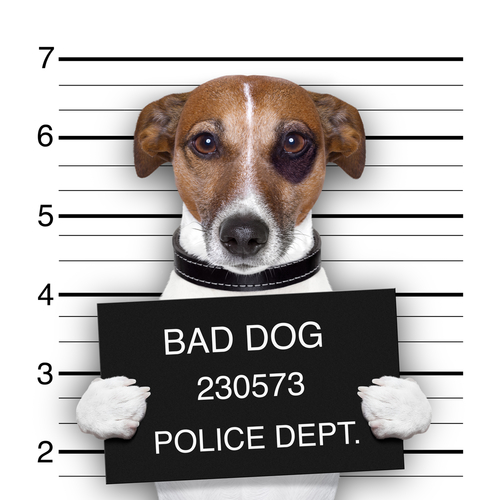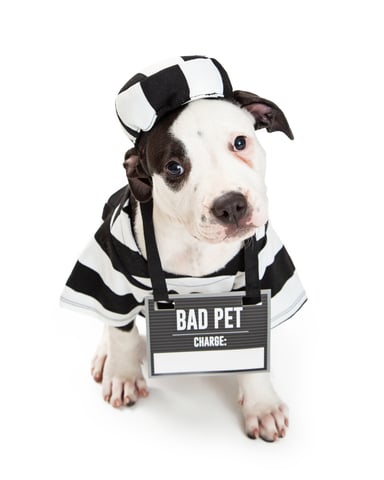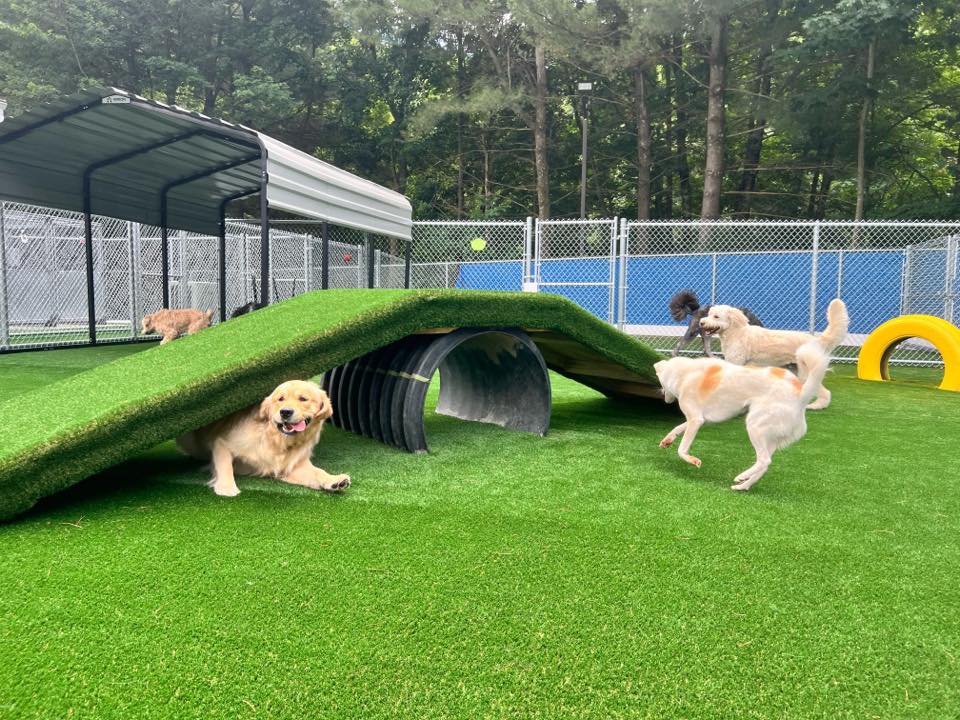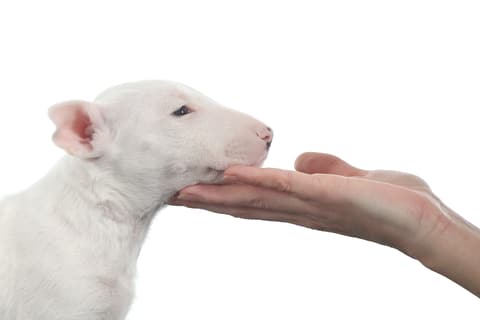Your First Day & Night Together

Your first day with your puppy marks the beginning of your life together—the beginning of the bonding process that establishes your lifelong relationship with your dog.
To get you started off right, consider what’s happening from your puppy’s perspective. She has left familiar surroundings with a warm, comforting pile of siblings to enter a completely new environment filled with unfamiliar objects and new people. And more often than not she’s just had her first car ride.
There are a few key things you can do to ease your puppy’s transition from the familiar and comfortable to the unknown.
- When you arrive home with your new puppy, give her the opportunity to eliminate before you bring her into your home. See our positive housetraining plan and start it the very first moment your puppy enters your life.
- Young puppies tire easily and need a lot of rest. Keep this inmind when introducing your puppy to new people, new situations, and other animals. We know everyone is excited to see the cute new family member, but she’ll be there for a lot of years. If she seems to be tired or timid, let her rest.
- Whoever thought up the idea, an Old Wives Tale, that a puppy should spend her first night in isolation with a hot water bottle and a ticking clock to take the place of “mom” seriously underrated the intelligence of dogs. Puppies are not stupid! Since your new puppy has most likely never been alone before, and everything else is strange and new, how much more comforting it is for your puppy to sleep near a person.
- Put her on a nice warm blanket in a crate or a box she can’t climb out of, and let her sleep by the side of your bed for the first few nights. She will be comforted by the sound of your breathing and your increasingly familiar presence.
- If she wakes up and whimpers, carry her outside to eliminate.
- If she’s been out and is still whimpering, stick a finger in the crate to reassure her that she’s not alone.
Within a few days, your puppy should be feeling confident, getting used to the household members and routines—but your puppy is still a baby. Familiarize yourself with puppy issues such as diet, housetraining, crate training, leash training and chewing. Learn about a dog’s developmental stages. (You’ll find topics in this Blog).
Above all, appreciate your puppy as a new and important part of your family life. Treat him with love, respect and understanding, and the bond you form will last you for the many years of your life together.
